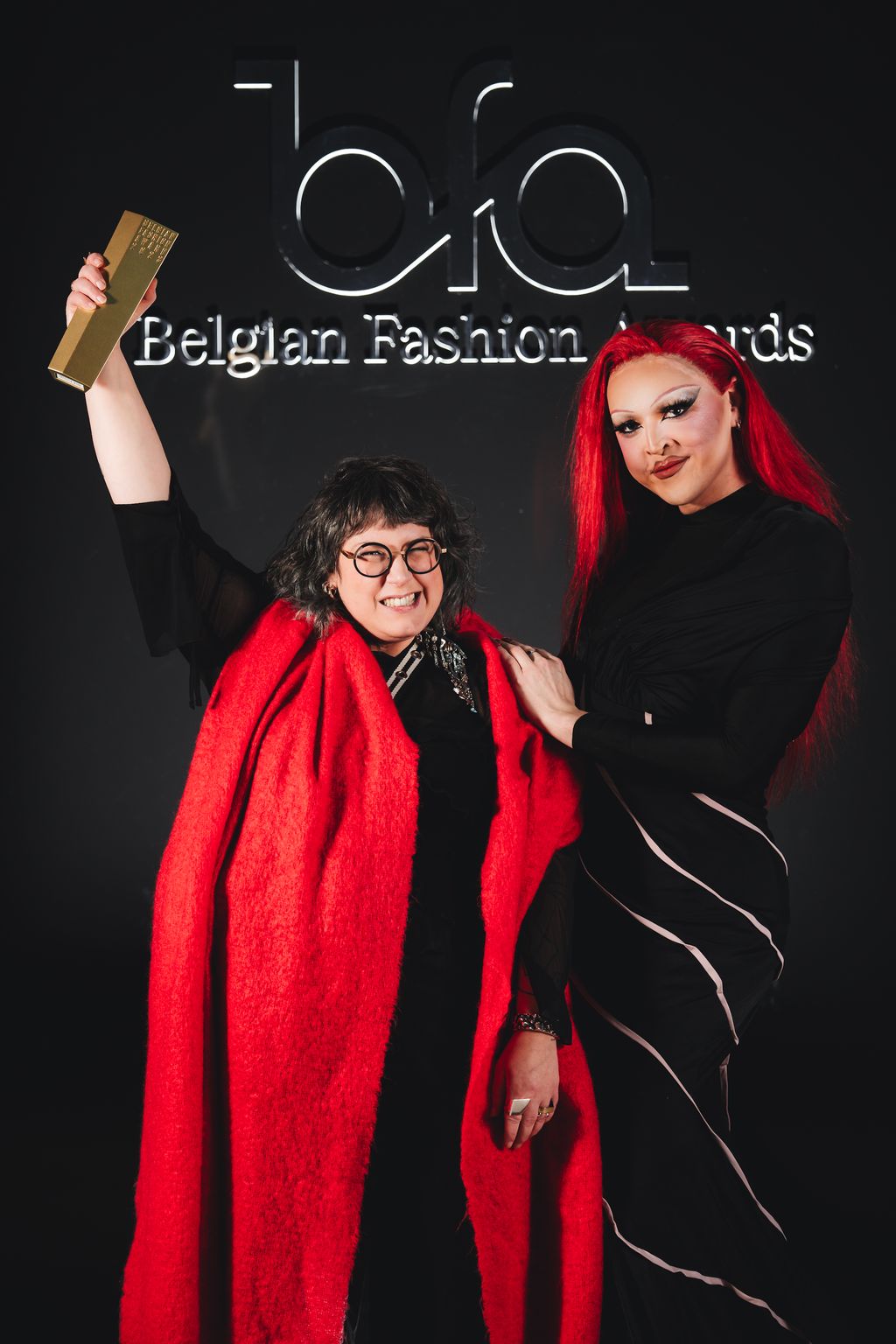The latest edition of the Belgian Fashion Awards -and Fashion Talks- which took place in Antwerp on the 30th of November, was a great illustration of some of the burning issues fashion is currently facing. How do you reconcile sustainability with the act of creation? Should we reward imagination, fantasy, or social awareness? And can designer fashion be truly democratic, especially when it comes with hefty price tags?Philippe Pourhashemi gives us his analysis.
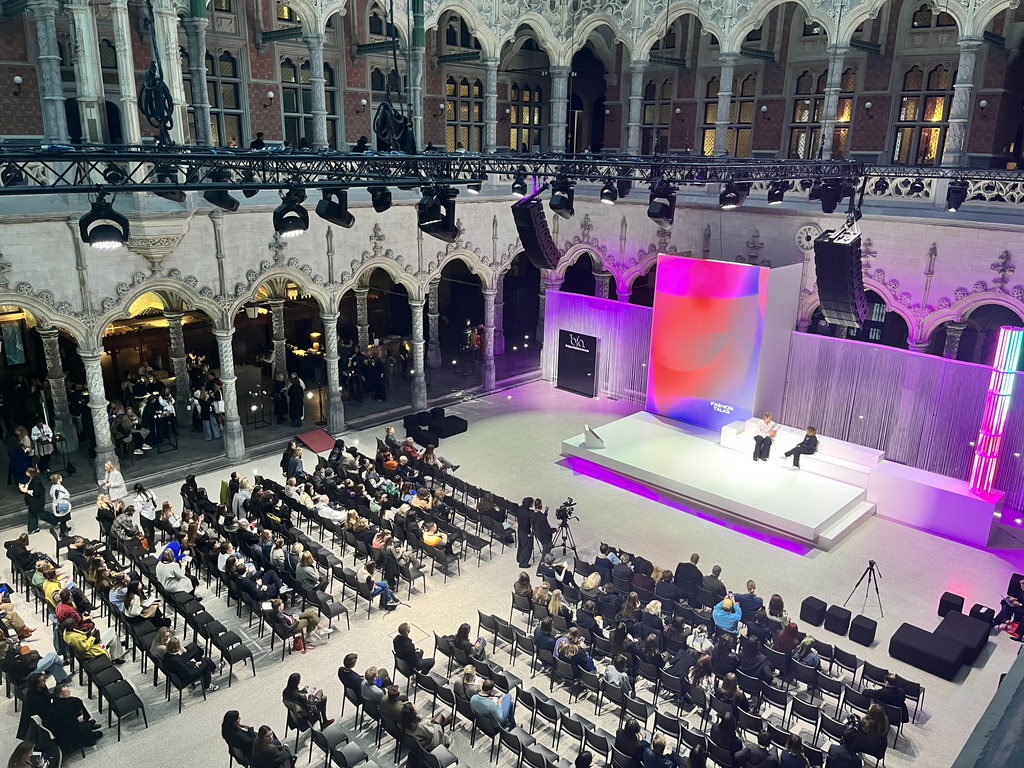
Belgian designers are a bit of an oddity within the fashion landscape, mainly because they tend to do things differently and like to challenge established rules and conventions. Some of them choose to forgot the runway format and build-up their brand without much marketing. Others challenge industry limitations by using larger bodies, or non-models, in their shows. And most do not advertise in the press either, unlike their Italian, German or French peers.
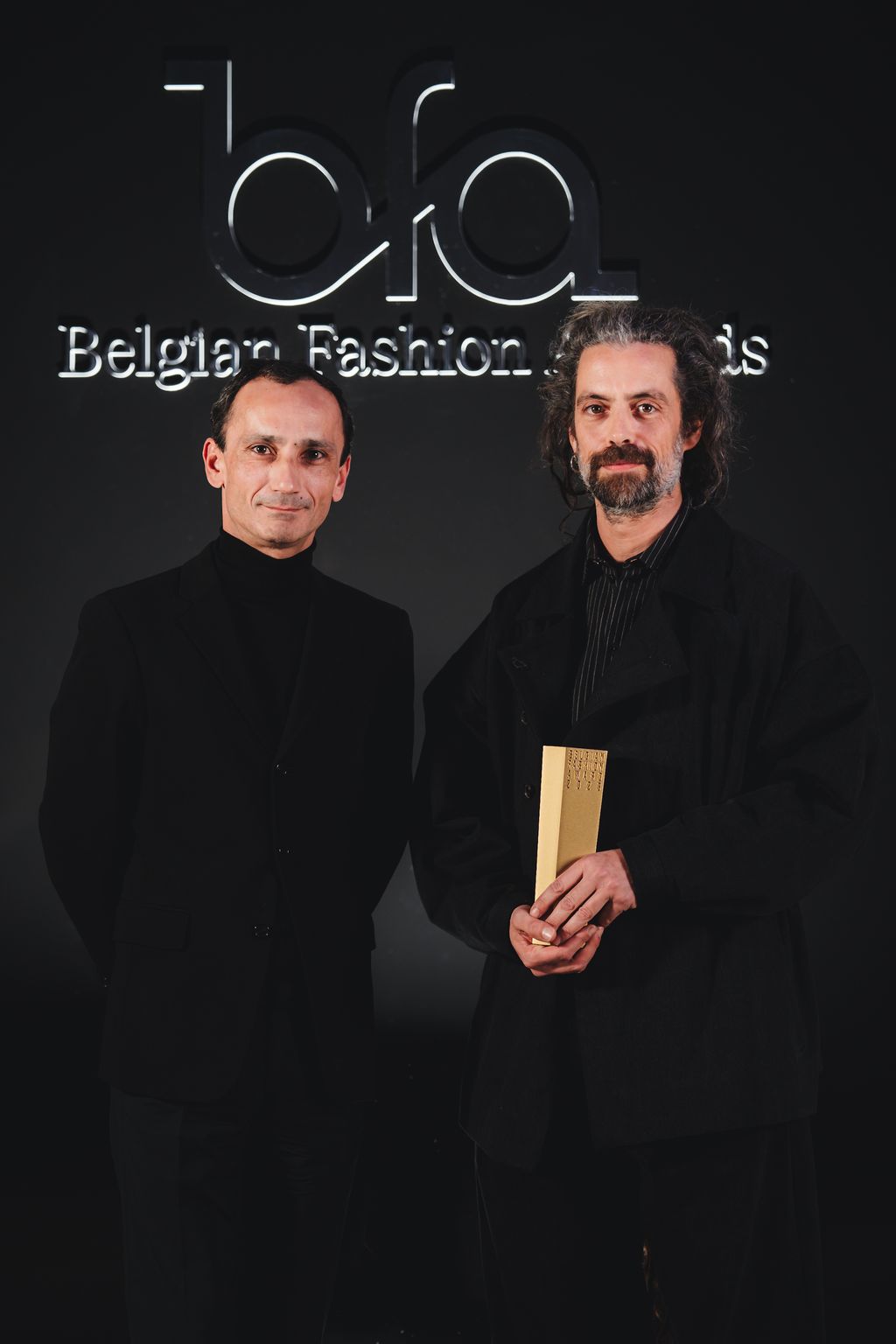
In the end, it is talent, originality, integrity, consistency and hard work that got celebrated in Antwerp, and many of the people walking away with awards have been around for decades, starting with Anthony Vaccarello, who won the Designer of the Year award for his outstanding and inspiring work at Saint Laurent.
Jan-Jan Van Essche truly deserved the Jury Prize, because he has stuck to his guns throughout the years and avoided making unnecessary noise, choosing to focus on his craft and timeless pieces instead.
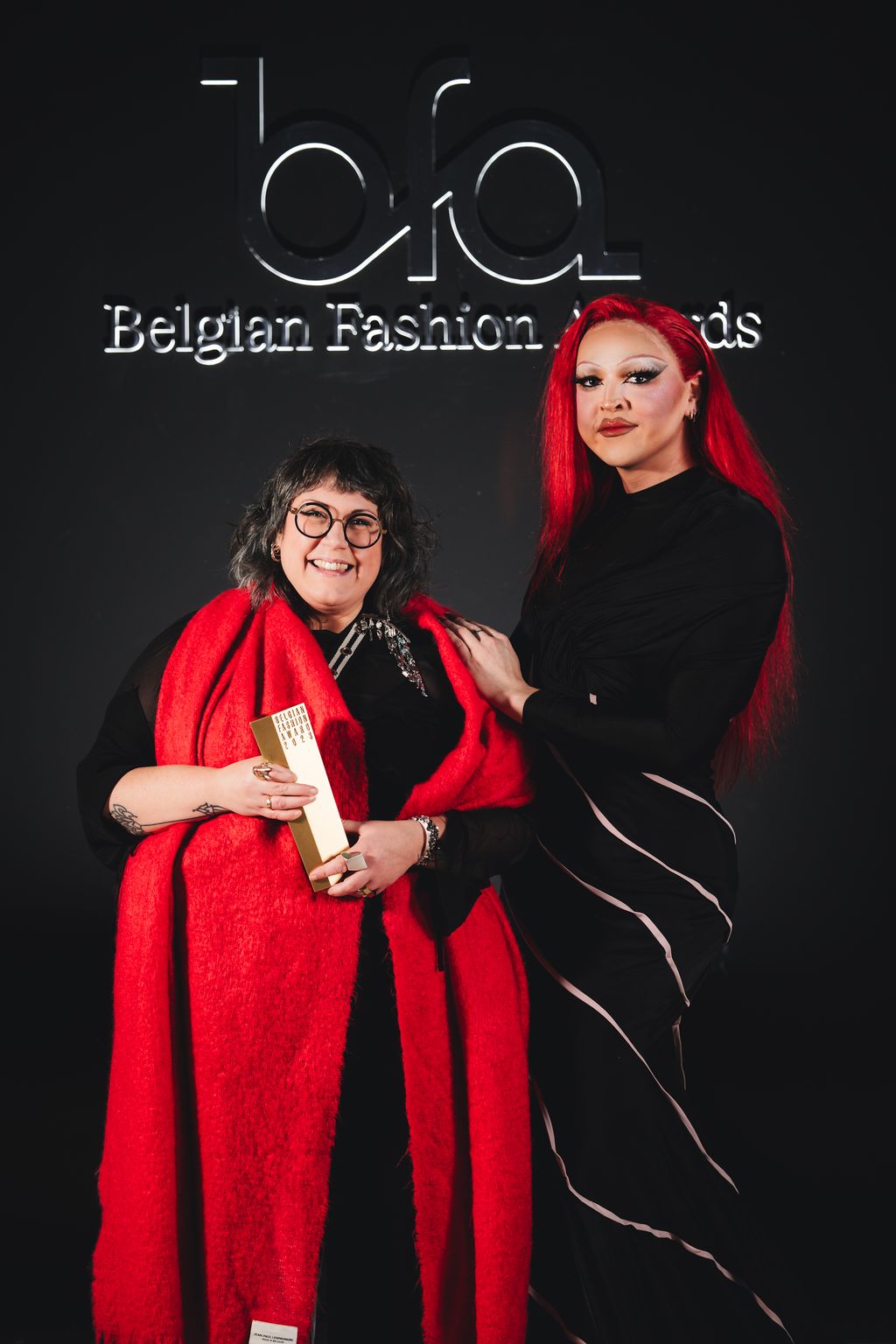
He belongs, in fact, to the same generation as artists Laetitia Bica -who received the Changemaker of the Year award- and Frederik Heyman, who got the Professional of the Year Award. They both chose the visual arts to express their deeply personal -and unusual- vision of beauty, while sticking to their values and signature aesthetics.
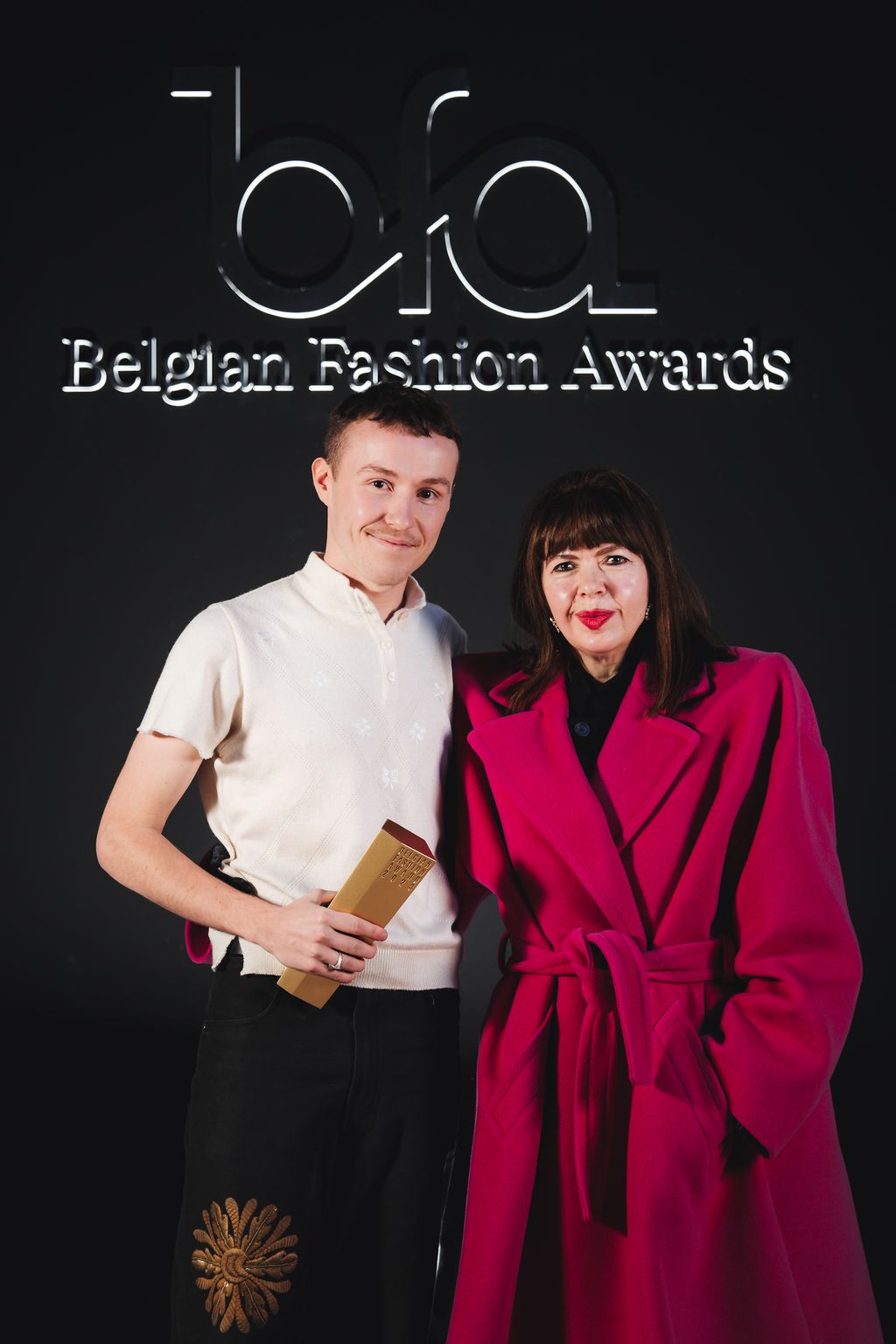
Belgians also enjoy some distance from the big fashion capitals, which means they can freely develop their own creativity without being ‘polluted’ by the outside world. From Igor Dieryck, who won the Emerging Talent of the Year award, and Orta -celebrated Brand of the Year by the Belgian public- to Sarah Levy, who received the Accessory Designer of the Year award, and Leslie N, who walked away with the Most Promising Graduate award, individuality and originality were very much on the jury’s mind, led by Paris-based Serge Carreira, Head of Emerging Brands Initiative at Fédération de la Haute Couture et de la mode.
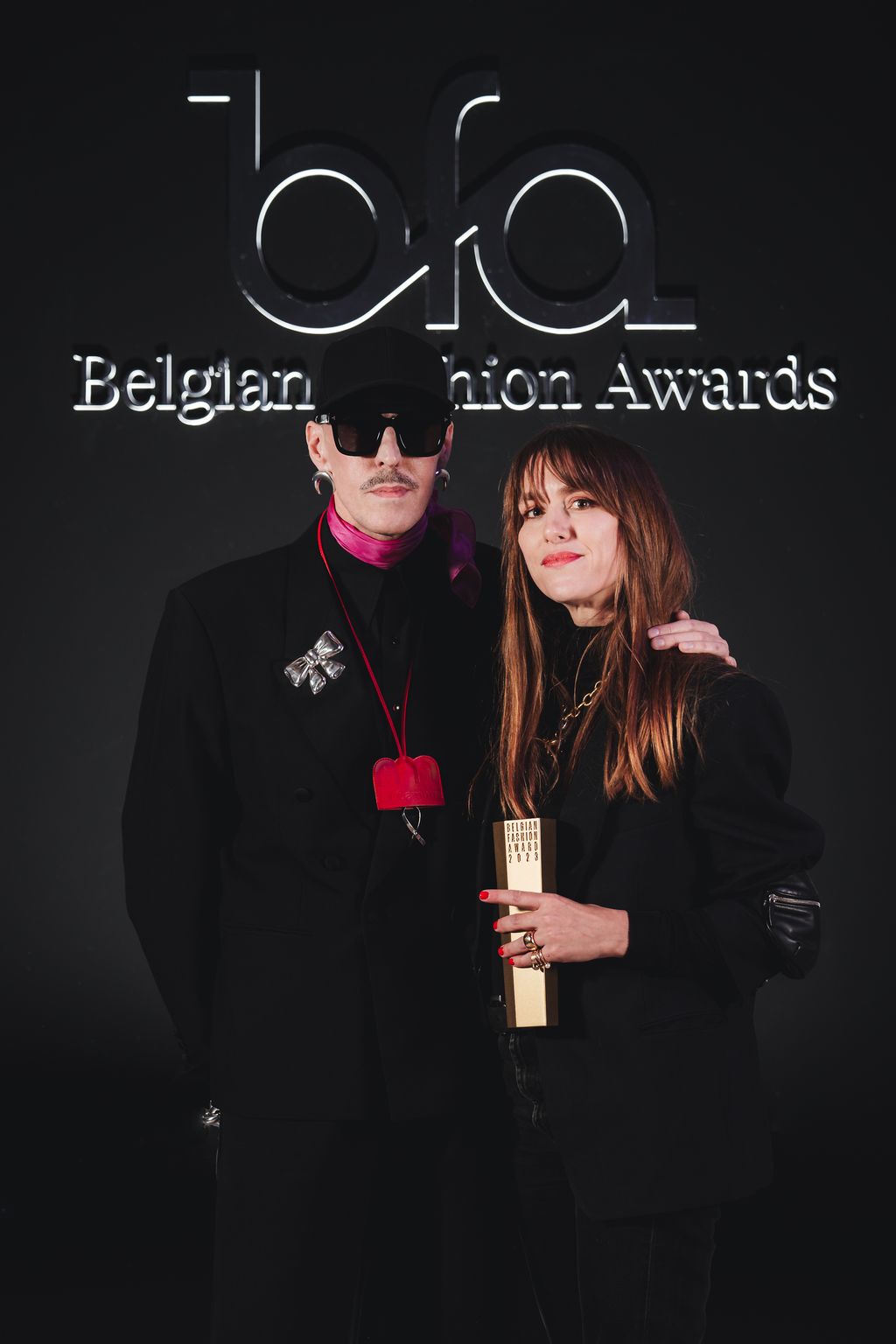
2023 has certainly been a turbulent year for fashion, proving to be difficult for retailers, designers and many other industry leaders. While fashion is -and always will be- a reflection of our times, should we expect it to embrace the political and fix societal problems? Not really. Fashion can, of course, contribute to cultural change, but it’d be good to bear in mind that the fashion industry remains a commercial one based on the desire principle, which means that there’s nothing rational or logical about it.
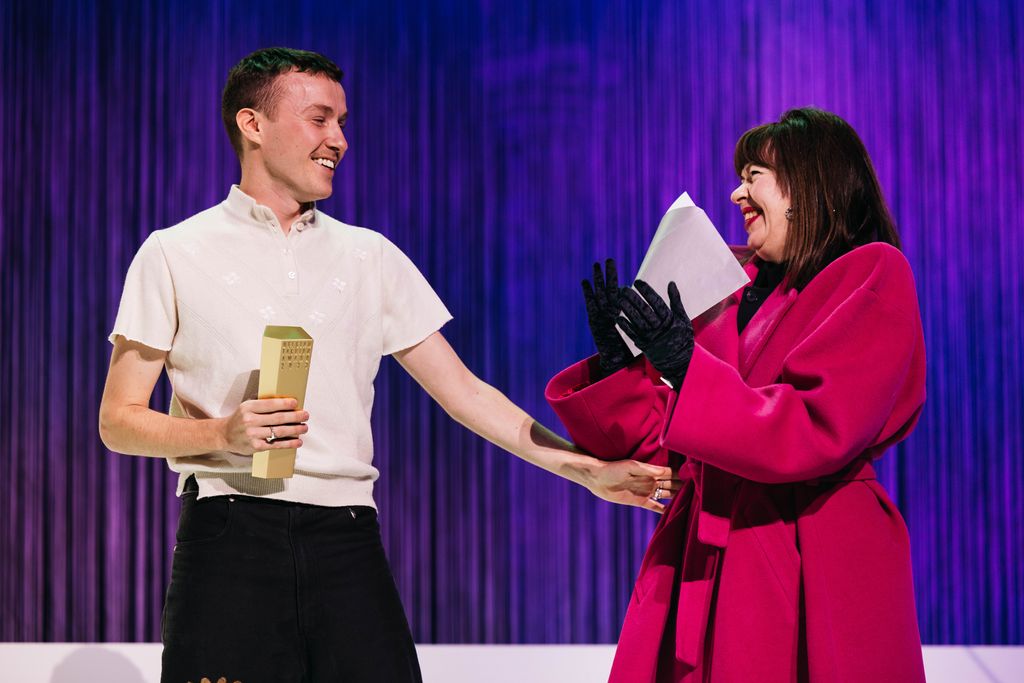
We all have too many clothes, yet we crave the newness and genius creativity of some gifted designers who are able to transport us into their own world. The power of fashion is precisely to transcend reality and elevate our souls through aesthetics. I can only hope that future generations of Belgian designers will put this creativity at the heart of their practice.
